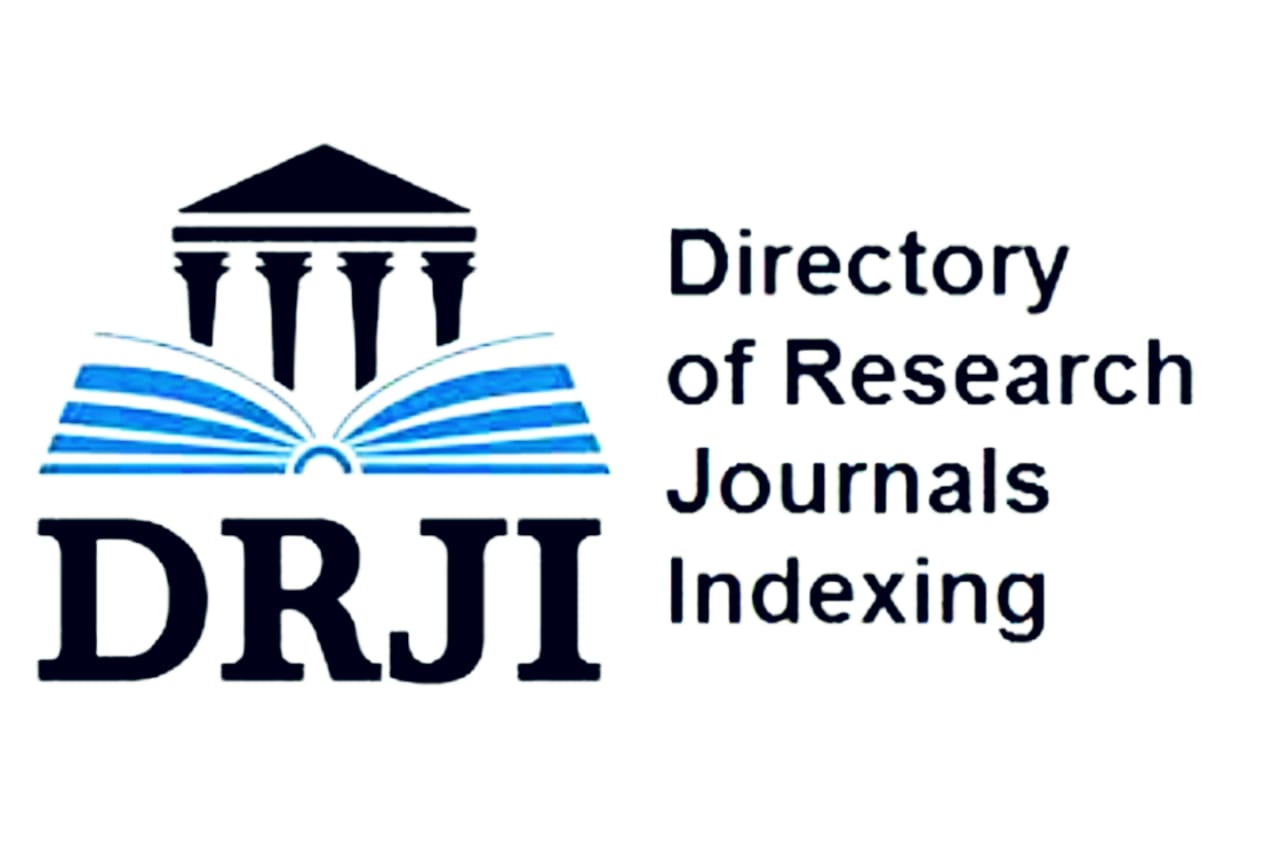Optimization of conditions for electrochemical refining rough indium from chloride electrolytes
DOI:
https://doi.org/10.26577/2218-7979-2014-7-1-27-32Keywords:
indium, polarization, refining, potential, discharge-ionizationAbstract
The studies found that the discharge - ionization of indium chloride electrolytes at a platinum electrode have a stepwise character. Analysis of the cyclic voltammetric curves indicates the irreversibility of occurring electrode reactions. Chronoamperometry methods using X-ray diffraction analysis of the electrode surface found the optimal conditions for deposition of indium in chloride electrolytes. Study of the influence of salt concentration of indium in the electrolyte and temperature on the discharge ionization processes indium allowed to establish acceptable values for these parameters.References
1. Alfantazi A.M., Moskalyk R.R. Processing of indium: a review // Minerals Engineering. – 2003. – № 16. – pp 687–694.
2. LI Xuan-hai, ZHANG Yan-juan, QIN Quanlun, YANG Jian, WEI Yan-song. Indium recovery from zinc oxide flue dust by oxidative pressure
leaching // Trans.Nonferrous Met. Soc. China. – 2010. – № 20. – P. 141-145.
3. Hee Nam Kang, Jin-Young Lee, Jong-Young Kim. Recovery of indium from etching waste by solvent extraction and electrolytic refining // Hydrometallurgy. – 2011. – Vol. 110. – P. 120–127
4. ZHOU Zhi-hua, MO Hong-bing, ZENG Dong-ming. Preperation of high purity indium by electrorefining // Trans. Nonferrous Met. Soc. China.
– 2004. – Vol. 14. – № 3. – P. 637-640.
5. Kozin L.F., Nagibin S.N., Chabanenko Y.I. Electrochemical refining of indium in aqueous solutions with solid electrodes // High-Purity Substances. – 1996. – № 5. – P. 30-45.
6. Marcovac V., Lovrecek B. Studies of the Electrochemical Kinetics of Indium // Electrochemical kinetics of indium. – 1966. – Vol. 113. – № 8.
– P. 838-841.
7. Munoz A.G., Bessone J.B. Effects of different anions on the electrochemical behavior of In. // Electrochimica Acta. – 1998. – Vol. 43. – № 9. – P. 1067-1075.
8. Kozin V.F., Omelchuk A.A. Kinetics and mechanism of formation of ions of monovalent indium in the system In0 - In2(SO4)3 - In2SO4 // Metallurgy of rare and precious metals. – 2006. – № 2. – P. 45-50.
9. Lars Kloo, Jan Rosdahl, Michael J. Taylor. The nature of subvalent gallium and indium in aqueous media // Polyhedron. – 2002. – № 21. – P.
519–524.
10. Munoz A.G., Bessone J.B. Cathodic Behavior of In in aqueous sodium chloride solutions // Electrochimica Acta. – 1998. – Vol. 43. – № 14-15.
– P. 2033-2040.
11. Saidman S. B., Bessone J. B. Activation of aluminium by indium ions in chloride solutions // Electrrochimica Acta. – 1997. – Vol. 42. – № 3. – P.413-420.
12. Saidman S. B., Bessone J. B. Anodic behaviour of indium in sodium chloride solutions // Electrochimica Acta. – 1991. – Vol. 36. – № 14. – P.
2063-2067.
2. LI Xuan-hai, ZHANG Yan-juan, QIN Quanlun, YANG Jian, WEI Yan-song. Indium recovery from zinc oxide flue dust by oxidative pressure
leaching // Trans.Nonferrous Met. Soc. China. – 2010. – № 20. – P. 141-145.
3. Hee Nam Kang, Jin-Young Lee, Jong-Young Kim. Recovery of indium from etching waste by solvent extraction and electrolytic refining // Hydrometallurgy. – 2011. – Vol. 110. – P. 120–127
4. ZHOU Zhi-hua, MO Hong-bing, ZENG Dong-ming. Preperation of high purity indium by electrorefining // Trans. Nonferrous Met. Soc. China.
– 2004. – Vol. 14. – № 3. – P. 637-640.
5. Kozin L.F., Nagibin S.N., Chabanenko Y.I. Electrochemical refining of indium in aqueous solutions with solid electrodes // High-Purity Substances. – 1996. – № 5. – P. 30-45.
6. Marcovac V., Lovrecek B. Studies of the Electrochemical Kinetics of Indium // Electrochemical kinetics of indium. – 1966. – Vol. 113. – № 8.
– P. 838-841.
7. Munoz A.G., Bessone J.B. Effects of different anions on the electrochemical behavior of In. // Electrochimica Acta. – 1998. – Vol. 43. – № 9. – P. 1067-1075.
8. Kozin V.F., Omelchuk A.A. Kinetics and mechanism of formation of ions of monovalent indium in the system In0 - In2(SO4)3 - In2SO4 // Metallurgy of rare and precious metals. – 2006. – № 2. – P. 45-50.
9. Lars Kloo, Jan Rosdahl, Michael J. Taylor. The nature of subvalent gallium and indium in aqueous media // Polyhedron. – 2002. – № 21. – P.
519–524.
10. Munoz A.G., Bessone J.B. Cathodic Behavior of In in aqueous sodium chloride solutions // Electrochimica Acta. – 1998. – Vol. 43. – № 14-15.
– P. 2033-2040.
11. Saidman S. B., Bessone J. B. Activation of aluminium by indium ions in chloride solutions // Electrrochimica Acta. – 1997. – Vol. 42. – № 3. – P.413-420.
12. Saidman S. B., Bessone J. B. Anodic behaviour of indium in sodium chloride solutions // Electrochimica Acta. – 1991. – Vol. 36. – № 14. – P.
2063-2067.
Downloads
How to Cite
Rakhymbay, G. S., R. J. Jumanova, B. D. Burkitbayeva, A. M. Argimbaeva, A. P. Kurbatov, and M. K. Nauryzbayev. 2014. “Optimization of Conditions for Electrochemical Refining Rough Indium from Chloride Electrolytes”. International Journal of Biology and Chemistry 7 (1):27-32. https://doi.org/10.26577/2218-7979-2014-7-1-27-32.
Issue
Section
Chemistry
License
ааа

















